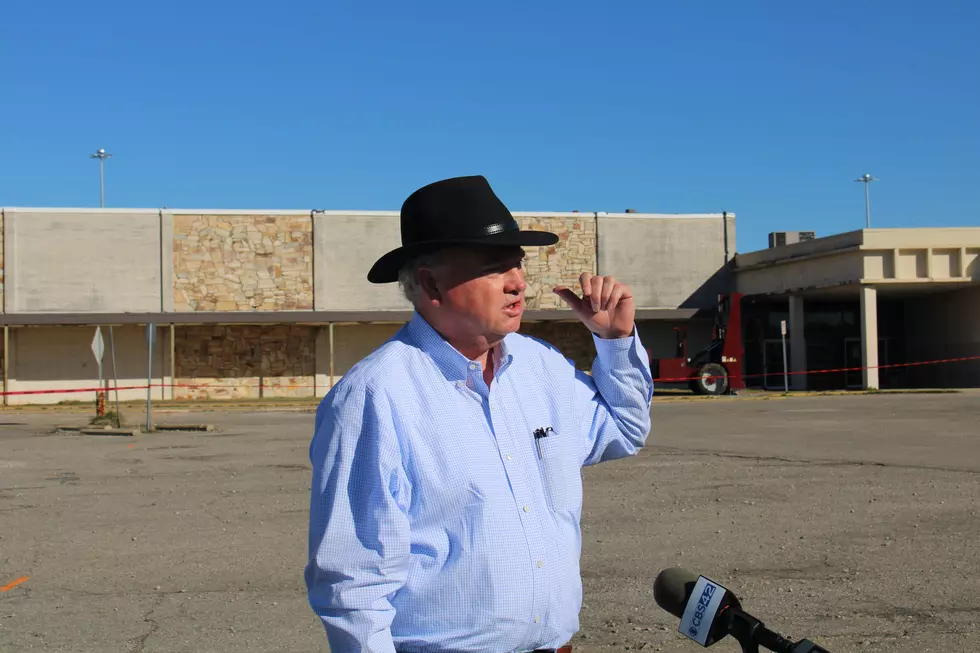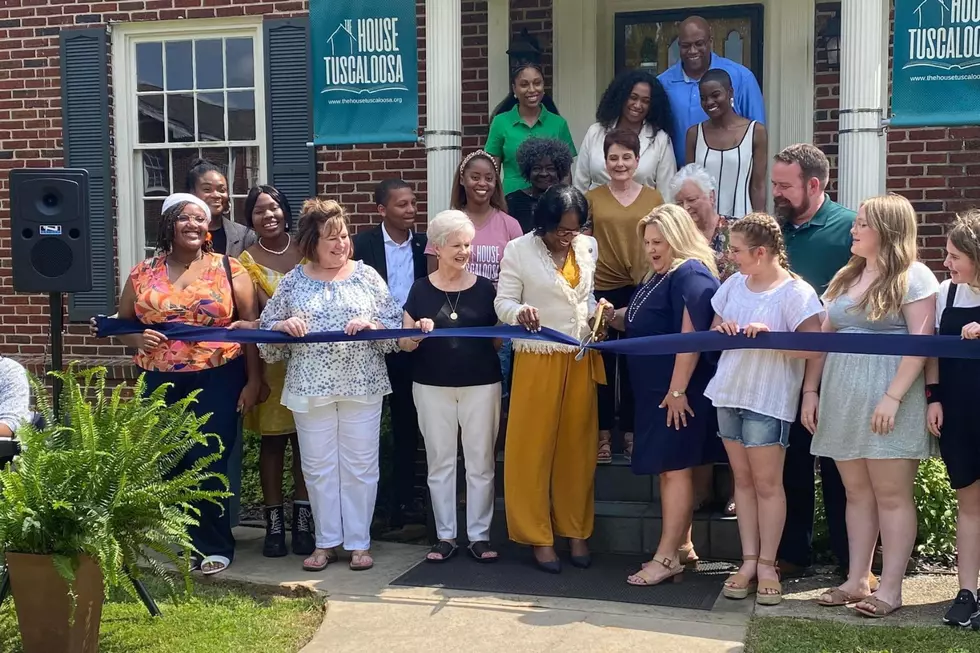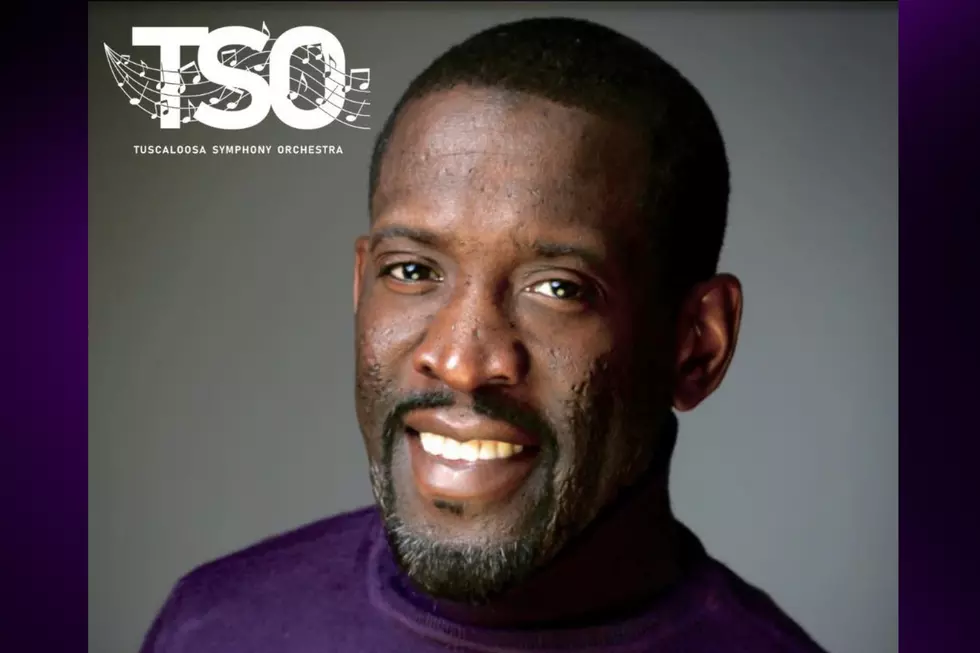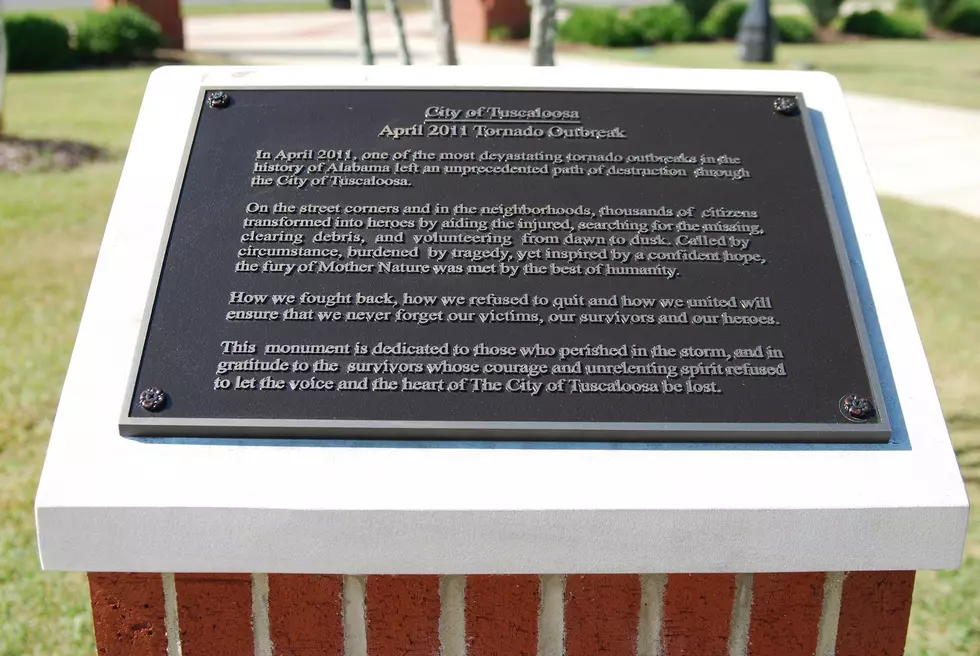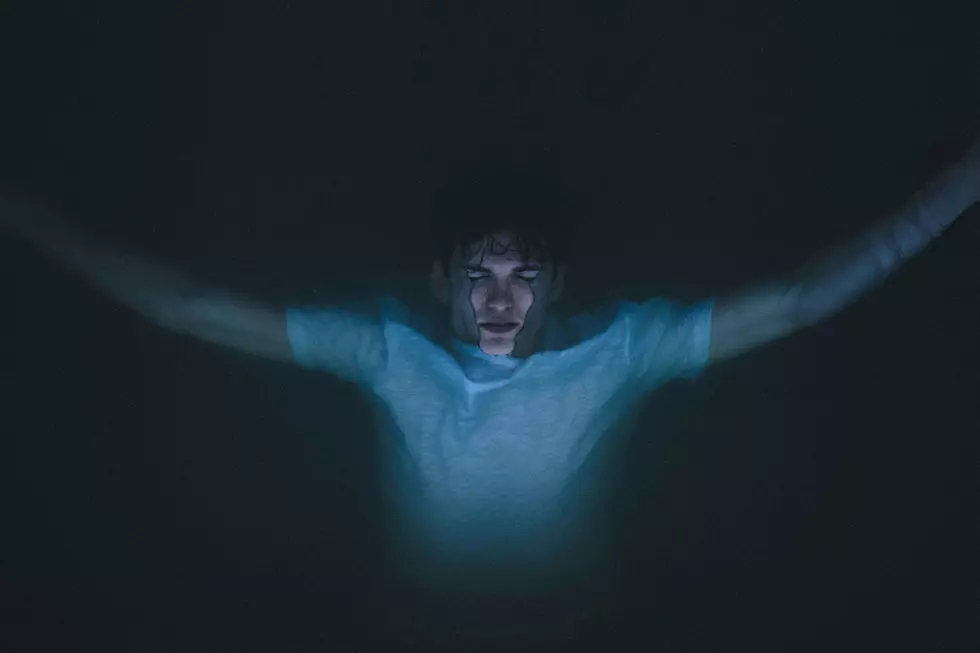
An Alabama Native Survived the Titanic
Alabama has a Titanic connection. On this date in 1912, four days into her maiden voyage, the "unsinkable" passenger ship Titanic struck an iceberg and sank in sub-freezing waters two-days shy of her destination in New York City. Among the 324 first class passengers onboard was an Alabama native - Archibald Gracie IV. The Alabamian is a little-known hero of the sinking these 112 years later.
Gracie IV was born in Mobile, a member of a wealthy Scottish American family of New York City. He was a descendant of Archibald Gracie, a Scottish-born shipping magnate and early American businessman and merchant in New York City and Virginia whose elaborate home, Gracie Mansion, now serves as the residence of the Mayor of New York City.
Gracie's father Archibald Gracie III was a West Point graduate and a career U.S. Army officer before being commissioned a Brigadier General in the Confederate Army during the Civil War. His death during the Siege of Petersburg peaked his then five-year-old son Archibald IV's interest in Civil War history, leading him to become an amateur historian.
He spent seven years writing a book, "The Truth About Chickamauga." and after it was published in 1912, he felt he needed a rest in Europe. Leaving his wife and children home in the Washington D.C. he spent some time touring several countries, deciding to be a part of history and return home on the maiden voyage aboard the then largest ship in the world, Titanic. Little did he know what history that would be.
He was among the hoity toity sailing in the most luxurious first-class accommodations in passenger ship history. He socialized with the rich and famous like John Jacob Astor IV during the trip. On the night of April 14, he retired early only to be jolted awake at a just before midnight. In his memoir of the event Garcie said he noticed the engines had stopped, so he quickly dressed and went on deck. By the time he made it to the boat deck Titanic was beginning to list.
During the U.S. Senate Titanic Inquiry Gracie described what happened once on deck, "Presently along came a gentleman, described by Mr. (Charles) Stengel here, who had ice in his hands. Some of this ice was handed to us with the statement that we had better take this home for souvenirs."
Gracie's actions from that point on placed him in the history books as one of the heroes of "A Night to Remember." After putting his lifejacket on he escorted women and children to the lifeboats and helped them in. He assisted another hero, Second officer Charles Lightoller, fill the remaining lifeboats, then helped free the four collapsible boats lashed to the ship, one of which fell upside down in the water.
Gracie's senate testimony remembered the final moments, "Then the wave came and struck us, the water came and struck us, and then I rose as I would rise in bathing in the surf, and I gave a jump with the water, which took me right on the hurricane deck, and around that was an iron railing, and I grabbed that iron railing and held tight to it; and I looked around, and the same wave which saved me engulfed everybody around me. I turned to the right and to the left and looked. Mr. Smith was not there, and I could not see any of this vast mass of humanity. They had all disappeared."
As Titanic rose then broke into, Gracie ended up in the 27-degree water. Along with a number of other men he grabbed ahold of one the upside-down lifeboats. In his memoir he recounts how in the following hours, man after man succumbed to hypothermia and slipped into the water.
Second Officer Lightoller used his whistle to summon half-filled lifeboats to rescue them. Gracie, Lightoller and other crew were pulled into lifeboat No. 12, the last lifeboat to reach Carpathia.
Cracie described told senator what happened after the ship had slipped below the frigid waters, "We were taken through the wreckage and away from the screams of the drowning people, and we were on the lookout then in every direction for lights and ships to come to our rescue, hallooing all the time "Boat ahoy," or "Ship ahoy," our spirits kept up all the time by what we thought were steamship lights and boat lights, but I think most of those lights we saw were the lights of the lifeboats of the Titanic,,,"
Upon arrival Carpathia found debris, floating bodies and 706 survivors of the 2,240 aboard.
In the months after returning to New York City aboard Carpathia, Gracie delt with health complications from his ordeal and diabetes but decided to chronical his experience. In his book Gracie detailed the final hours of the great ship, including names of passengers who survived and men who, in panic, jumped into lifeboats being lowered causing injuries and lifeboats to overturn.
Walter Lord, author of A Night to Remember (which was a basis for one of several movies), commented that Gracie's book - written shorting before he died of complications from diabetes and the exposure he suffered on that night - was 'invaluable for documenting what happened', and calls Gracie 'an indefatigable detective'.
Archibald Gracie IV, the Alabama connection to Titanic, died December 4, 1912, less than eight months after the sinking. He was the third survivor and first adult survivor to die in the months after the sinking. He is buried in the Gracie family plot at Woodlawn Cemetery in the Bronx.
NOTE: Background information taken from Titanic: A Survivor's Story, U.S. Senate Inquiry, New York Times Nov. 18, 1912, Wkipedia and Encyclopedia of Alabama.
More From 95.3 The Bear


